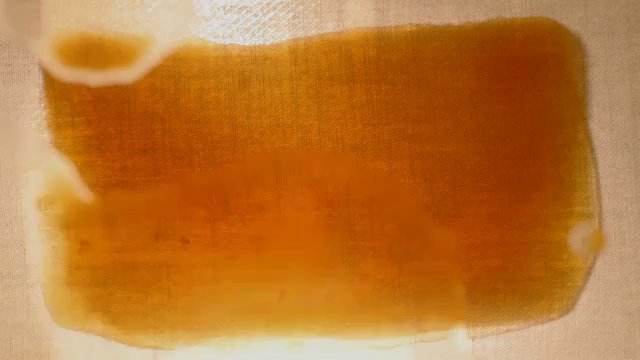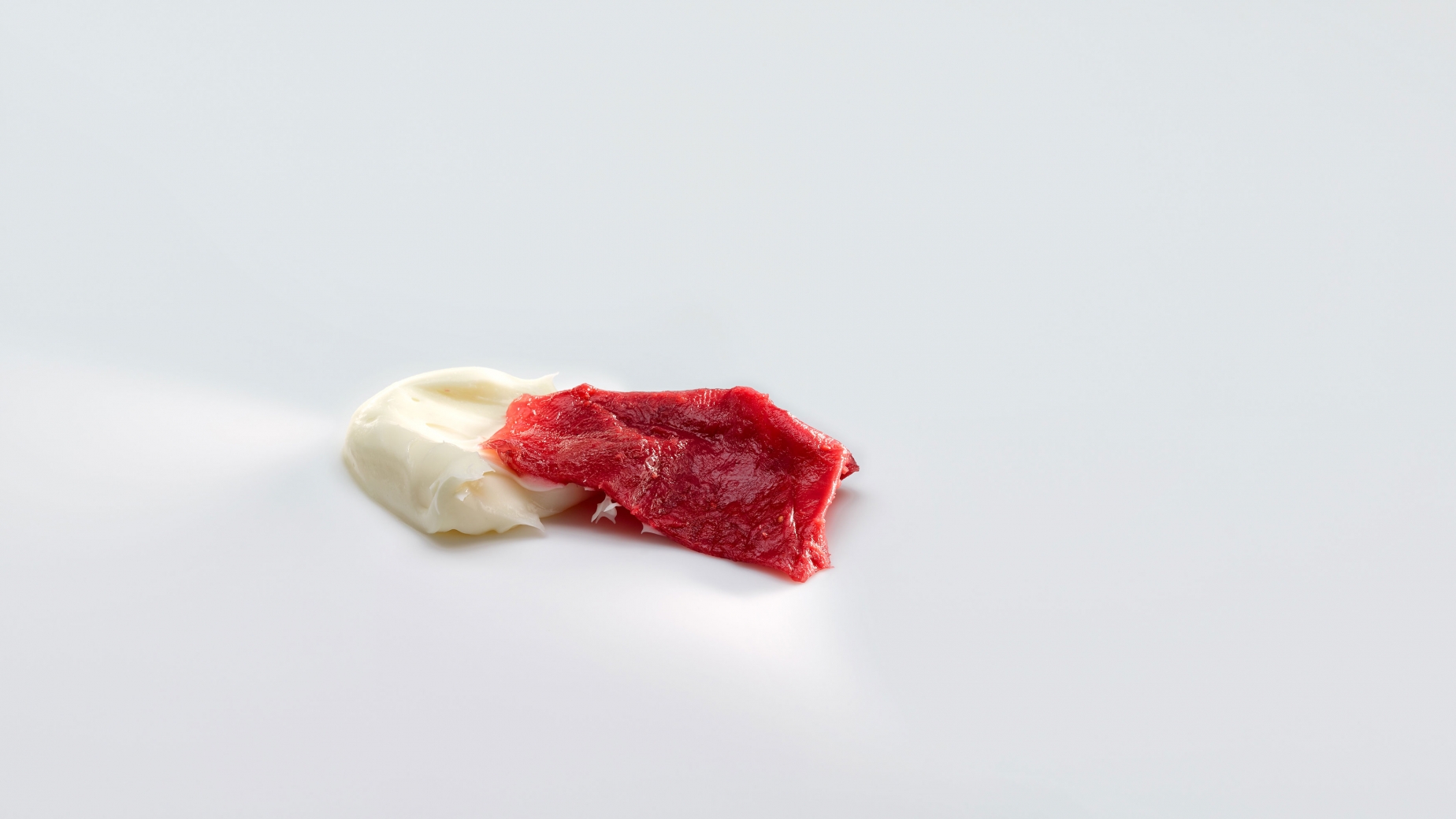I + D
Exploring the limits of kombucha scoby
02/03/2021
A multidisciplinary research together with the Basque Culinary Center and the University of Barcelona.
Kombucha is the result of the fermentation of tea infusions in contact with symbiotic colonies of bacteria and yeasts. At Mugaritz we are interested in what is almost never used in kitchens, that is, what grows on top of the fermented liquid and is known as scoby (Symbiotic Colony Of Bacteria and Yeast) or mother.
It starts out as a kind of thin film or cellulose, but gradually gets bigger and bigger. To our surprise, it is able to reproduce on virtually anything: from fruit purees to ham broths.
Since 2014 it has been an ingredient in our experience, we were interested in its texture and the creative options it gave us to explore. But even for us there were unknown aspects of this scoby, and in our vocation for the pursuit of scientific knowledge we decided to investigate further. That is why we embarked, together with the Basque Culinary Center and the University of Barcelona, on discovering not only its gastronomic properties but also on analysing the microbiological community that makes it up. Together, we have discovered the diversity of life contained in the mother of kombucha and have given shape and context to a new ingredient.
The article published in the International Journal of Gastronomy and Food Science is signed by Juan Carlos Arboleya, Paula Torán-Pereg (BCC), Blanca del Noval (BCC), Susana Valenzuela (University of Barcelona), Josefina Martínez (University of Barcelona), Diego Prado (BCC) and Ramón Perisé (Mugaritz). You can read about it here.



